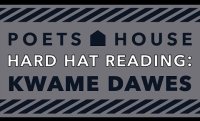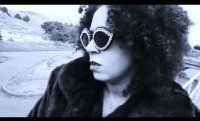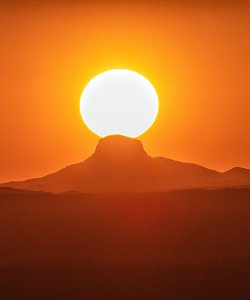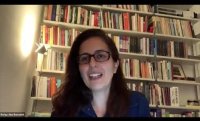Love’s Thorns
Love poems have a long and storied literary history. “The Love Song for Shu-Sin,” composed in ancient Mesopotamia for use in fertility rituals, is considered by some to be the oldest love poem found in text form. “Song of Songs” from the Old Testament of the Bible celebrates the romantic and sexual love between two people. In more recent times, poets have been testing the limits of the love poem. Nate Marshall’s “palindrome” imagines an estranged lover’s life rewound like a film as the subject becomes “unpregnant” and the speaker “unlearn[s]” her name. In Sharon Olds’s “The Flurry,” two parents discuss how to tell their children they’re getting a divorce. Think of a relationship in your life that resists easy categorization and write a love poem that attempts to capture this complexity. Whether the subject is the distant love of a parental figure or the one who got away, resist the easy associations that come with the emotion and dive into love’s thorny contradictions.










